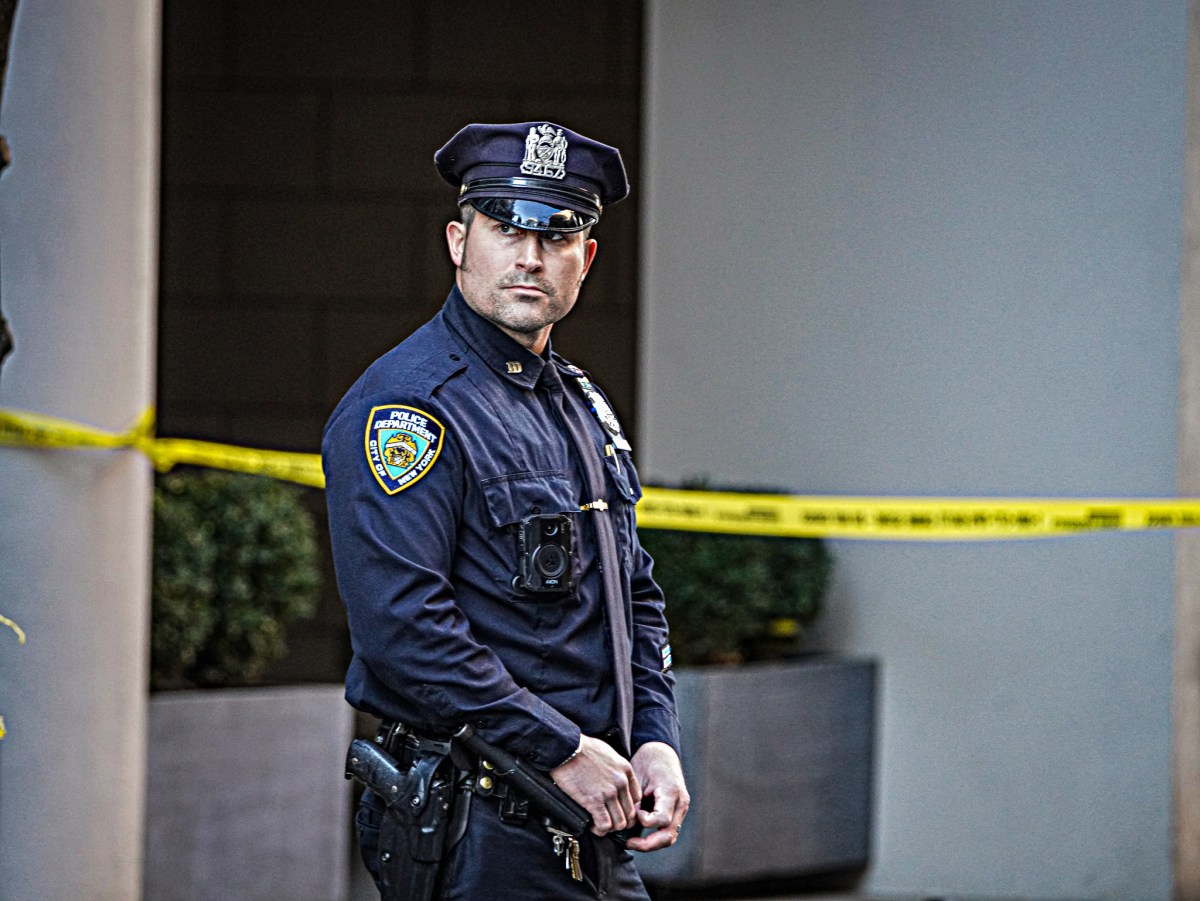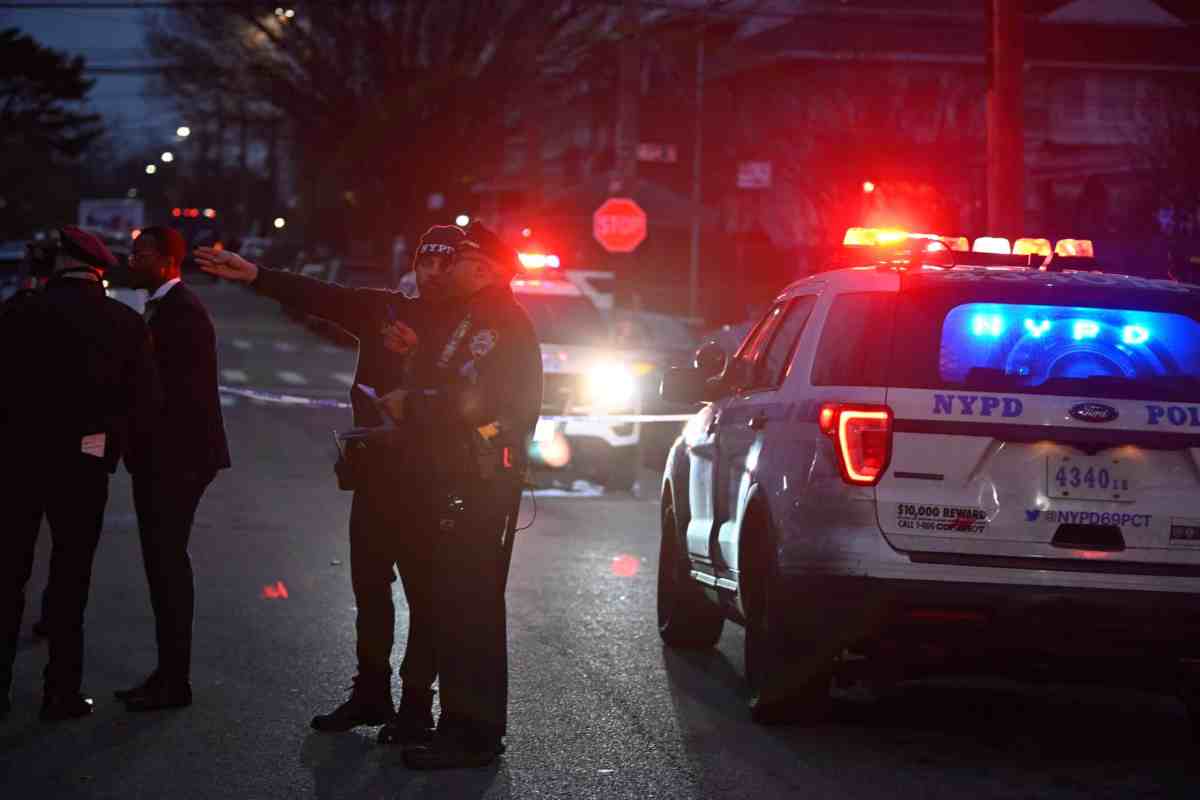BRUSSELS (Reuters) – Johnson & Johnson <JNJ.N> could produce 1 billion doses of its potential COVID-19 vaccine next year if it proves successful and would consider injecting healthy volunteers with the novel coronavirus if there are not enough patients for final trials, a company executive said.
J&J kicked off in July early-stage human safety trials for its potential COVID-19 vaccine after releasing details of a study in monkeys that showed its best-performing candidate offered strong protection in a single dose.
It is developing the vaccine in collaboration with its Belgian subsidiary, Janssen.
Large-scale trials are set to start by the beginning of October and J&J aims to have results on the vaccine’s efficacy between the end of this year and mid-2021, Johan Van Hoof, head of vaccines at Janssen, told Reuters on Tuesday in a telephone interview.
Earlier on Tuesday, President Vladimir Putin said Russia had become the first country to grant regulatory approval to a COVID-19 vaccine after less than two months of human testing, and before large-scale trials had been conducted.
Van Hoof said that production of the vaccine had already begun despite the financial risks involved, to make sure it would be available as soon as possible should it prove effective against the new coronavirus.
Several million doses will be ready by the beginning of 2021, with a total capacity of 1 billion shots by the end of the year, he said. He added that the company was likely to favour a single-jab approach, although a final decision on whether a booster would be needed had not yet been made.
ETHICAL ISSUES
Outcomes of large-scale, or Phase III, trials will depend on the incidence of infections, Van Hoof said, with faster results expected with higher virus transmission.
That is why J&J is likely to conduct those trials in the United States and Latin America, the world’s regions currently with the highest number of cases.
If infections drop significantly, J&J is also considering so-called challenge trials, in which volunteers are infected with the virus so that a vaccine candidate can be tested on them.
“We are looking into that possibility,” Van Hoof said, noting though that such trials posed ethical issues that needed to be resolved before they could be conducted. For instance, an effective therapy against the disease should be available to minimise risks for volunteers exposed to the virus.
In May British drugmaker AstraZeneca <AZN.L>, which is developing a leading coronavirus vaccine with Oxford University, said it was too early to deliberately expose trial participants to the pathogen, but that may become an option if ongoing tests hit a snag.
Van Hoof said that preparations to stock the virus for possible challenge trials were already underway and J&J was part of ongoing discussions with universities and other bodies involved in these projects.
“We find it a very interesting idea,” he said, adding however, that setting up facilities for such trials would perhaps take longer than testing vaccines on people who are already infected in the community – as long as transmission remained relatively high.
(Reporting by Francesco Guarascio; editing by Emelia Sithole-Matarise)
















